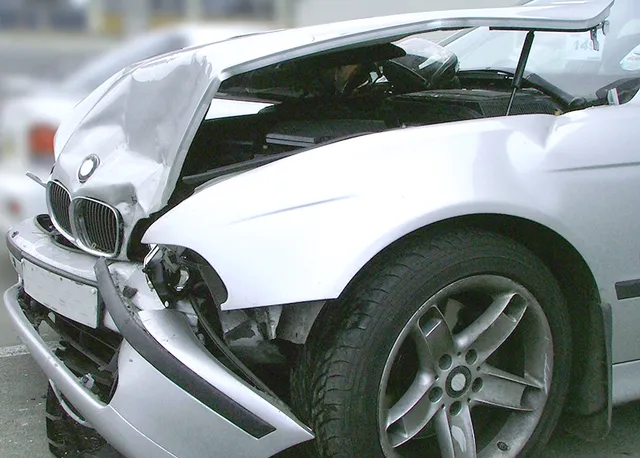Sports accidents can result in severe injuries, requiring medical attention and possibly leading to long-term consequences. Whether you are an amateur athlete, a professional player, or a recreational participant, understanding how to handle personal injury claims in sports accidents is crucial. This article explores the common causes of sports accidents, immediate steps to take following an incident, how to choose the right lawyer, and the legal procedures involved in filing a personal injury claim.
Overview of Common Causes of Sports Accidents
Sports accidents can happen in various settings and for multiple reasons. Some of the most common causes include:
- Improper Training: Inadequate coaching or improper training techniques can lead to injuries.
- Unsafe Playing Conditions: Poorly maintained fields, courts, or equipment can cause accidents.
- Violations of Safety Rules: Ignoring or not enforcing safety regulations can increase the risk of injuries.
- Overuse Injuries: Repetitive strain from overtraining or not allowing sufficient recovery time.
- Lack of Proper Gear: Insufficient or faulty protective gear can result in severe injuries.
- Collisions: Accidental or intentional collisions between players can lead to serious harm.
- Negligence: Neglect by coaches, trainers, or facilities in providing a safe environment.
Steps to Take Immediately After a Sports Accident
Taking immediate and appropriate action following a sports accident can protect your health and strengthen your potential legal claim. Here are the essential steps to follow:
- Seek Medical Attention: Prioritize your health by getting immediate medical care, even if injuries seem minor. Document all medical visits and treatments.
- Report the Incident: Notify the coach, trainer, or facility management about the accident and ensure an official report is filed.
- Document the Scene: Take photographs and videos of the accident scene, including any equipment involved and the playing conditions.
- Collect Witness Information: Gather contact details from any witnesses who can provide statements about the incident.
- Keep Records: Maintain records of all medical treatments, expenses, and any communication with coaches, trainers, or facility management.
- Avoid Making Statements: Do not admit fault or make statements about the accident without consulting a lawyer.
- Consult an Accident Lawyer: Contact a personal injury lawyer experienced in sports accident cases to discuss your situation.
How to Choose the Right Lawyer for Sports Accident Cases
Selecting the right lawyer can significantly impact the outcome of your case. Here’s how to choose the right attorney:
- Specialization: Ensure the lawyer specializes in personal injury law and has experience with sports accident cases.
- Experience: Look for a lawyer with a successful track record in handling similar cases.
- Reputation: Research the lawyer’s reputation through client testimonials, reviews, and professional accolades.
- Communication: Choose a lawyer who communicates clearly, keeps you informed, and is responsive to your questions.
- Consultation: Take advantage of free initial consultations to discuss your case and assess if the lawyer is a good fit for you.
- Fee Structure: Understand the lawyer’s fee arrangement, typically contingency-based, meaning they get paid only if you win your case.
Explanation of Legal Procedures in Sports Accident Cases
Filing a personal injury claim for a sports accident involves several legal procedures. Here’s an overview of the process:
- Initial Consultation: Meet with your lawyer to discuss the details of the accident and assess the viability of your claim.
- Investigation: Your lawyer will conduct a thorough investigation, gathering evidence such as accident reports, medical records, witness statements, and expert opinions.
- Demand Letter: Your lawyer will draft a demand letter to the responsible party’s insurance company, outlining your injuries, treatments, and compensation sought.
- Negotiation: Your lawyer will negotiate with the insurance company to reach a fair settlement.
- Filing a Lawsuit: If a fair settlement cannot be reached, your lawyer will file a lawsuit on your behalf.
- Discovery: Both parties exchange information through depositions, interrogatories, and document requests.
- Mediation and Settlement: Many cases are resolved through mediation, where a neutral mediator helps facilitate a settlement.
- Trial: If mediation fails, the case proceeds to trial. Your lawyer will present evidence and argue your case before a judge or jury.
- Appeal: If the trial’s outcome is unsatisfactory, either party may appeal the decision.
Handling personal injury claims involving sports accidents in Reno requires a methodical approach to ensure all legal bases are covered and that you receive the compensation you deserve. Understanding the common causes of such accidents, taking immediate steps to protect your rights, choosing the right lawyer, and following the legal procedures can significantly enhance your chances of a successful outcome. If you or a loved one has been involved in a sports accident, seeking legal counsel promptly is essential to navigate the complexities of the legal system and secure the compensation needed for recovery.
